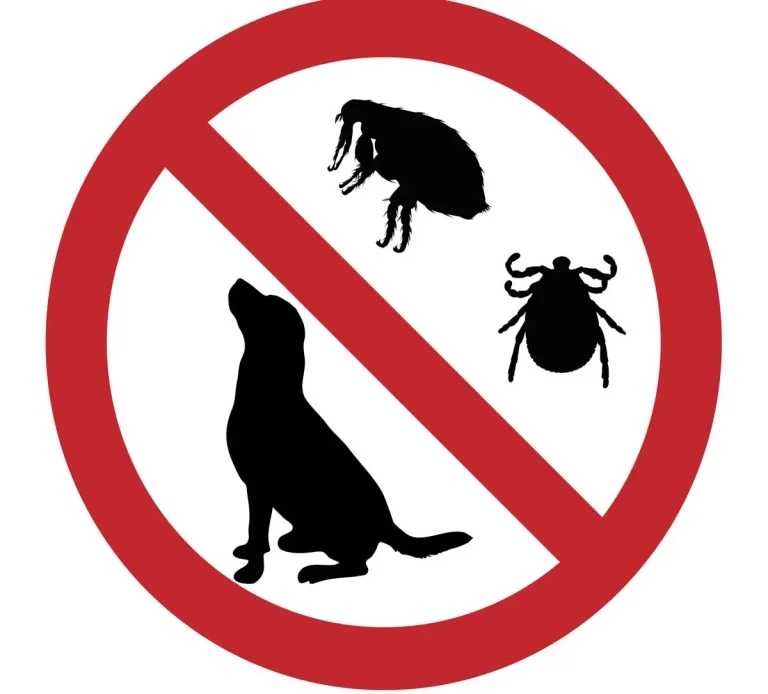5 Nov 2025
A leading veterinary and academic advocate of reforms to prescribing protocols has welcomed calls for limits on the use of topical treatments.

Image: majivecka / Adobe Stock
Leading veterinary groups have been praised for taking a “proactive step” by urging their members to limit the use of some parasiticide products.
The move is among the main calls for action from an updated policy paper published by the BVA, BSAVA and BVZS (British Veterinary Zoological Society) last week.
In response, a major industry group has called for co-operation between the profession, industry and regulators to ensure treatments are deployed responsibly.
But the new guidance has been warmly welcomed by vet Rosemary Perkins, a research associate at the University of Sussex who has co-authored several papers on the topic.
She said: “I’m delighted to see BVA, BSAVA and BVZS take this proactive step in revising their parasiticide policy to help reduce unnecessary use.
“It’s vital that we continue building the evidence base and routinely reviewing prescribing practices so we can protect animal health while also minimising environmental and resistance risks.
“With ongoing research, clear independent guidance and effective education, we can support responsible, sustainable parasite control without compromising animal health.”
The paper’s key recommendations include a call for topical products not to be used on pets that are likely to swim or be bathed “where possible and reasonable”.
It also urged businesses to “allow for risk assessment within practice health plans so vets can base prescribing decisions accordingly”.
The document argued that the potential environmental risks meant a “more considered approach to the use of small animal parasiticides” is needed.
It continued: “Everyone must take concerns about the possible environmental impacts of small animal parasiticide products seriously, proactively promoting discussion and highlighting these challenges”.
But industry group NOAH argued it was on the same side as the associations as it called for co-operation across the sector.
A spokesperson said: “Protecting the health and welfare of pets is at the heart of what the animal medicines sector does.
“Ensuring high standards of animal health and welfare, however, also means ensuring pet owners of all budgets can access the parasite protection their pet needs, including through the AVM-GSL route.
“NOAH shares the veterinary profession’s commitment to ensuring parasiticides are used responsibly.
“Collaboration across industry, regulators, and the profession is key to achieving this, including through our Use It Right, Treat Them Right campaign.”
Meanwhile, the VMD insisted it was “actively working” to address the environmental concerns linked to spot-on treatments, after the associations called for it to review both product classifications and environmental assessments.
The paper also urges the directorate to initiate the annual collection and publication of data on the sale and use of parasiticide products in a system similar to that which already exists for antimicrobials.